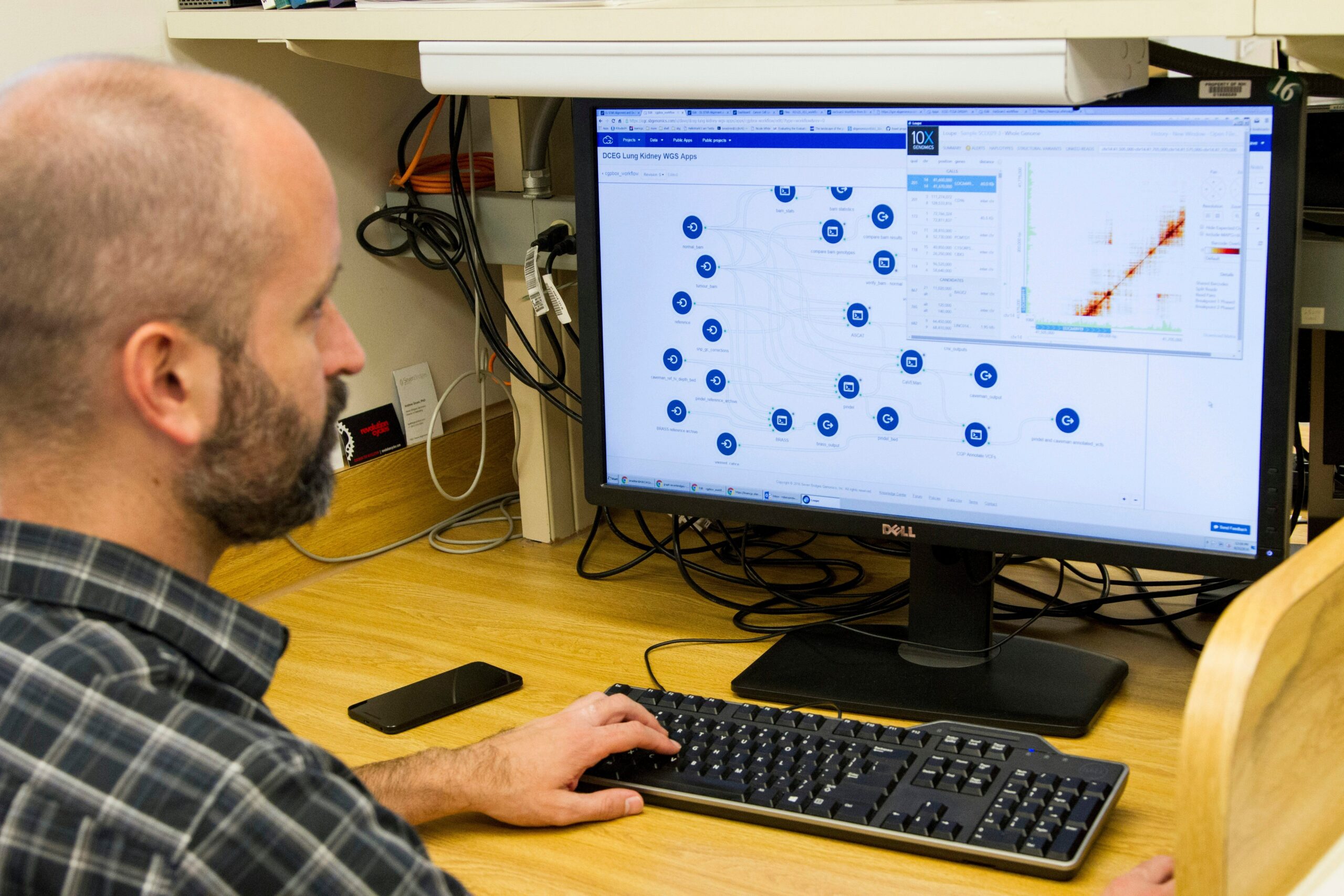
Millions of Australians are contemplating leaving their jobs in 2026, driven by escalating workplace burnout that continues to affect employees nationwide. According to new research conducted by Allianz Australia, nearly 80 percent of employees and about 66 percent of surveyed managers feel that their organizations fail to enforce effective workplace habits and boundaries.
The study highlights systemic barriers exacerbating the issue, with 78 percent of managers citing a lack of time, resources, and suitable technology, alongside conflicts with other workplace priorities. Meanwhile, 59 percent of employees reported experiencing work-related mental distress, often triggered by workload pressure, meeting overload, and unrealistic expectations.
Workplace Stress and Its Consequences
On average, Australian employees spend approximately 3.31 hours weekly on tasks or meetings they consider “unnecessary,” with 32 percent feeling unable to take proper breaks. Despite the introduction of right-to-disconnect laws, 19 percent of employees find it challenging to switch off from work due to technology, while 25 percent are concerned that cost-of-living pressures are impacting their workplace performance.
Alarmingly, 2.73 million Australians are considering quitting their jobs within the next 12 months. Allianz’s data reveals a 28.4 percent increase in mental distress compensation claims between the 2021 and 2025 financial years, with the average time off per claim rising by 10 percent to 81 days.
“Our claims data tells us that mental stress and work pressure is the second highest contributor of primary active psychological claims (34 percent),” said Mark Pittman, Allianz Australia executive general manager personal injury. “While Allianz works to support injured workers who have been harmed by workplace stress, we recognize that the best outcomes are achieved through prevention.”
Calls for Change and Support
In response, Allianz is urging workplaces to “unschedule the burnout” by providing a variety of online resources. The research indicates that a significant majority of employees struggle to schedule personal time and face pressures outside of work, such as household duties, caregiving, and unsupported parenting responsibilities like school drop-offs. Moreover, only a small fraction of managers believe their workplace is well-equipped to support working parents and carers.
Allianz Australia national manager mental health strategy for personal injury, Brianna Cattanach, emphasized the need for a comprehensive approach to employee wellbeing. “Business leaders can support this through job design that ensures manageable workloads, a natural ebb and flow to work demands, adequate ‘recovery’ time during work hours, and ground rules for disconnecting after-hours,” she stated.
Expert Insights on Burnout Prevention
Helen Lawson Williams, co-founder of the anti-burnout program TANK, noted that burnout can vary from person to person but should not be accepted as a standard aspect of employment. “Employees can start by recognizing when their stress and recovery balance is off, which could feel like fatigue, overwhelm, irritability, or caring less about their work than usual,” she explained.
“Speak up before things escalate, and be specific about what’s making it harder to limit stress or recover well – whether it’s meeting overload, lack of breaks, unrealistic deadlines, or inability to focus due to pressures outside the workplace,” Williams advised.
Looking Ahead
The findings underscore the urgent need for Australian businesses to address workplace stress and burnout proactively. By implementing supportive measures and fostering a culture of well-being, organizations can potentially retain talent and enhance productivity. As the workforce faces unprecedented challenges, the call for systemic change grows louder, urging leaders to prioritize employee health and sustainability.
For further updates on this developing story and other news, download the 9NEWS app available on the Apple App Store and Google Play.






